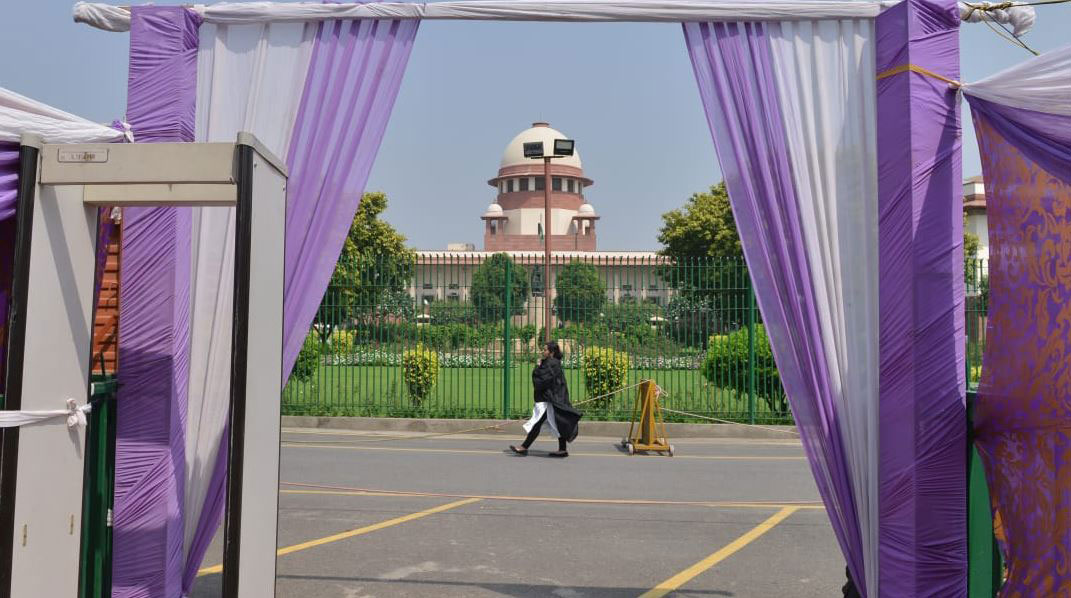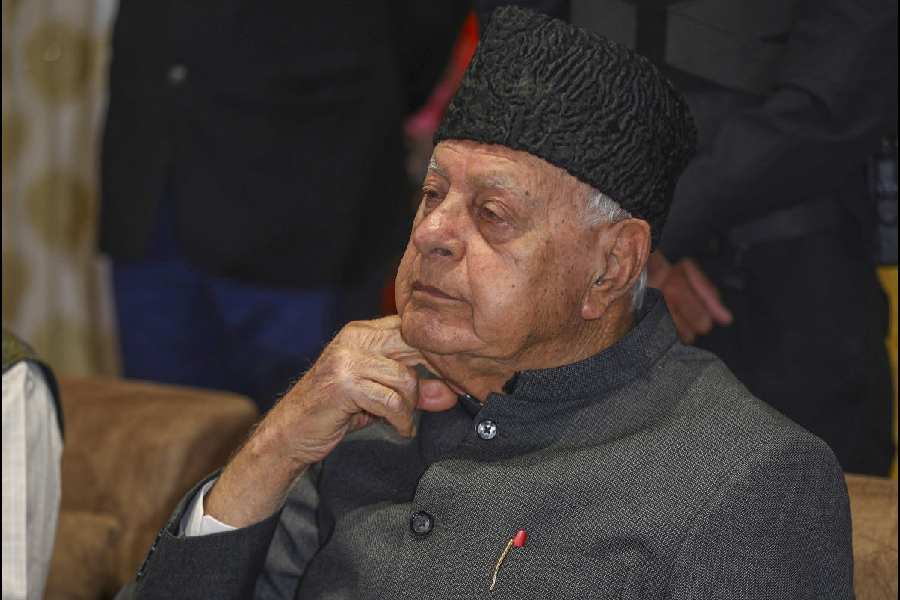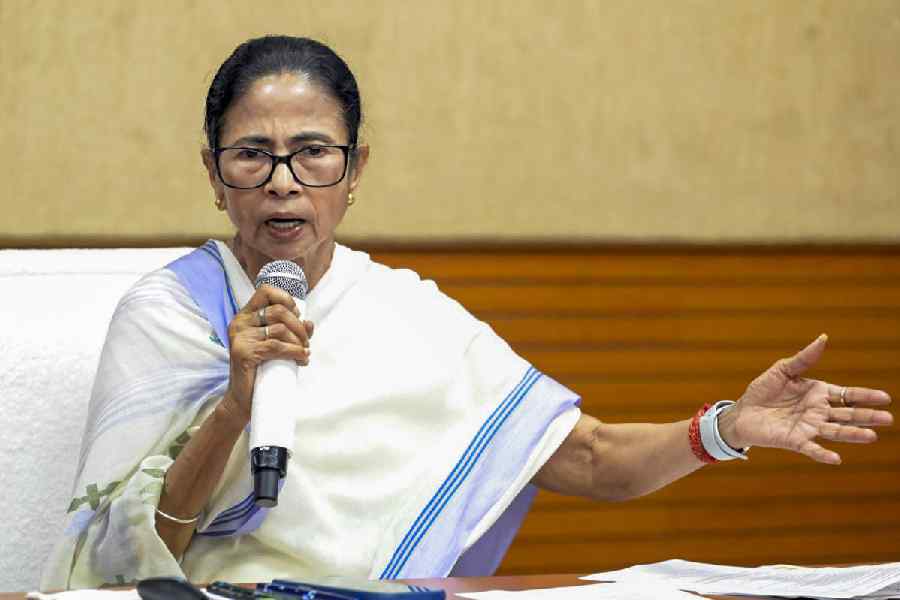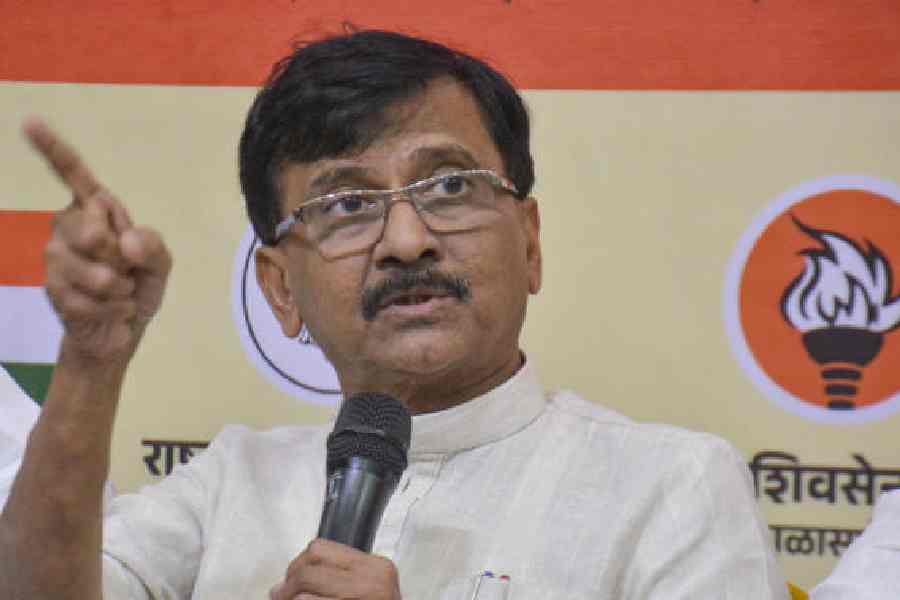One byproduct of a serious matter may be comedy. The Supreme Court ruling in a majority verdict of four to one that upheld the constitutionality of the Aadhaar scheme is serious, but the assertions of victory from both the Bharatiya Janata Party and the Congress are comic. The citizen affected by the scheme may not have thought that this was a duel between political parties at all. The Supreme Court has upheld the use of Aadhaar in accessing welfare schemes, filing income tax returns and getting a permanent account number. Aadhaar is not necessary for bank accounts and phone connections, school admissions, pensions and so on. It is a pity that this ruling has come at a time when large numbers of citizens have been compelled not only to link Aadhaar to banks and telephone companies, but also to accede to demands for it from every institution, from schools to the cremation ground. This Aadhaar terror was made possible by the pressure exerted by the Narendra Modi government on various institutions to link citizens’ Aadhaar data to as many services as possible in spite of the fact that the Aadhaar case was pending in court. Will this government now ensure that citizens can snap their unnecessary Aadhaar links smoothly, or make this exercise into another form of harassment? Will the government or the Aadhaar authorities ensure that all data about movement and spending captured by Aadhaar links are destroyed within six months as directed by the Supreme Court?
Accountability is one of the points reportedly raised by the dissenting judgment by the Supreme Court judge, D.Y. Chandrachud. Although the majority judgment has said that the scheme does not violate privacy, the dissenting verdict raises a concern about the potential for profiling. But the main disagreement is about the scheme’s constitutionality. Passing the Aadhaar Act through the route of a money bill, thus excluding the Rajya Sabha, is unconstitutional, says the dissenting judgment. Besides, benefits guaranteed by the Constitution cannot be made dependent on technology, apart from the fact that subsidies are not the same as other services that the government is supposed to give. The least the ‘victorious’ BJP-led government can do is to ensure that the technology is flawless. The proposed beneficiaries of subsidies should not be made to run around.










